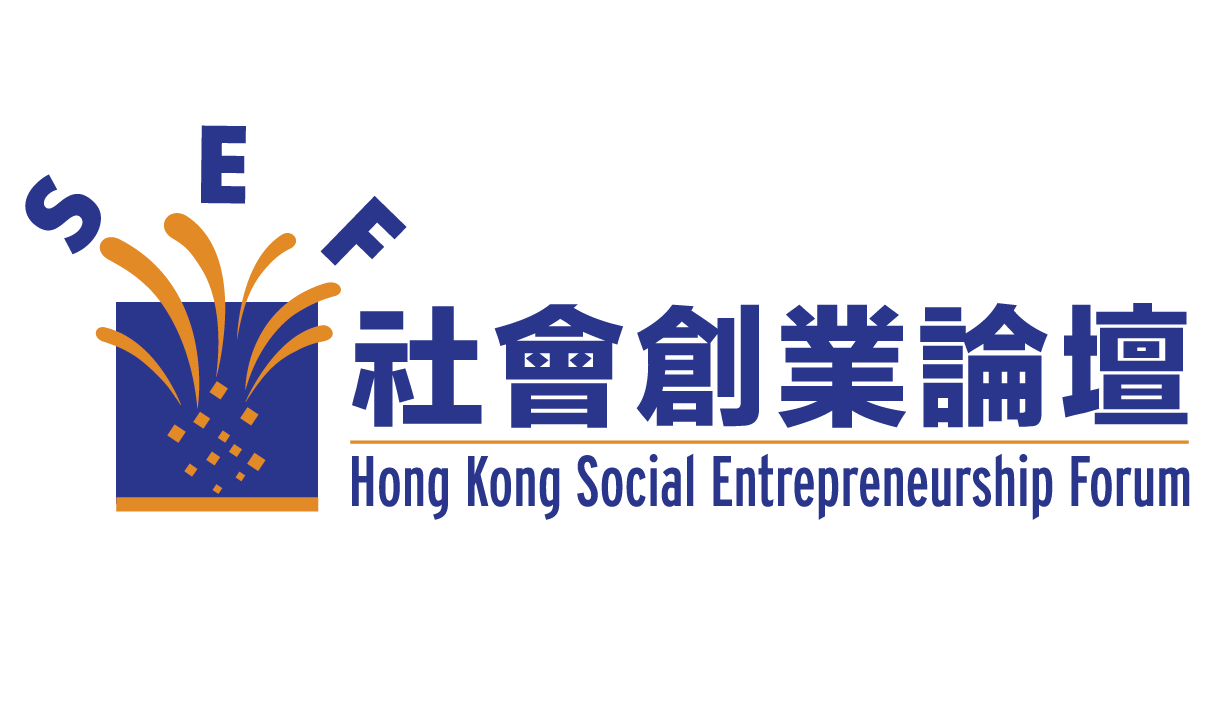Written by Dr KK Tse as Social Entrepreneurship Newsletter Issue 105 on 15 July 2011, after attending the International Faculty Seminar on Teaching of Social Entrepreneurship at the University of Texas, Austin, Texas on July 11-13, 2011.
At the recommendation of Marie So of Ventures in Development, I am fortunate to have the opportunity to attend the first ever International Faculty Seminar on Teaching of Social Entrepreneurship, held at the University of Texas, Austin, Texas on July 11-13, 2011. Sponsored by the Dell Foundation, the Seminar brought together 28 faculty members from all over the world working on courses and programs related to social
entrepreneurship. I am the only participant from the Far East. Although I am not a faculty member, I was the co-designer and facilitator (with Yvonne Yeung) of the 6-month course on social entrepreneurship jointly offered by the Hong Kong Social Entrepreneurship Forum and HKU SPACE.
The Seminar left a major impression on me. It reflected how much progress has been made on the teaching and learning of social entrepreneurship at undergraduate and post-graduate levels among many universities in the world and demonstrated how far behind universities in Hong Kong are in this rapidly growing field.
From the sharing among the participants, it was also amply clear that the critical factor in introducing and developing social entrepreneurship programs is the senior leadership in the universities, especially the Vice-Chancellor. I am thus writing this Open Letter to appeal to the university Vice-Chancellors in Hong Kong to take the lead in responding to the challenge of mainstreaming social entrepreneurship teaching in their respective universities.
Global Need and Global Trend
“Today, social entrepreneurship is no longer the academic cottage industry it once was ten years ago”, writes Alex Nicholls of Oxford University. “In the last few years, college and university teaching and research on social entrepreneurship has grown significantly across campuses globally and continues to grow. Current evidence suggests that students across the world are responding strongly to social entrepreneurship teaching and demanding more courses. At the same time, academic research on the field is growing, maturing and improving in quality and impact.”
According to Marina Kim of Ashoka U, the current wave of social entrepreneurship teaching has been shaped by four major trends, namely:
1) Shift from Business Schools to ‘Everyone a Changemaker’
We see a shift from business schools as the primary or sole driver of social entrepreneurship toward cross-campus, interdisciplinary, ‘embedded’ programs that serve undergraduates, graduates and executive education seekers. Several leading institutions have set a goal that every student will be exposed to the concepts of social entrepreneurship in the classroom before graduation.
2) Focus on Comprehensive, Rigorous Social Entrepreneurship Course of Study that Combines Classroom and Practice
Colleges and universities are paying increased attention to combining social entrepreneurship theory with practice, and connecting the classroom to campus life and to a career. Institutions are thinking beyond the one semester class to create cohorts of social entrepreneurship students over a period of years. Colleges and universities are also developing a series of classes and experiences that build upon one another to produce a rigorous course of social entrepreneurship study.
3) Presidents and Senior Leaders Embrace Social Entrepreneurship
Senior leaders are seeing social entrepreneurship as a core value they want to embed into their institutional reputation, culture, education and programming. Presidents are seeking out and using social entrepreneurship as a core competitive advantage for new student recruitment, alumni engagement, and donor cultivation.
4) Diversity of Institutions
Diverse institutional types are embracing social entrepreneurship, including 2- and 4-year institutions, online universities, continuing and executive education programs and undergraduate and graduate schools across diverse disciplines, including engineering, design, law, social work, and education. In addition, social entrepreneurship education is moving outward from its popularity at elite colleges and universities to institutionalization at universities and colleges worldwide.
Sample Programs
The Executive Program in Social Entrepreneurship – Stanford University (US)
Social entrepreneurship is a phenomenon that has captivated the public, the media, activists, philanthropists, and social change agents alike. Around the world, social entrepreneurs are revolutionizing our approaches to problems like education, the environment, poverty, healthcare, and social justice. The Executive Program in Social Entrepreneurship is a ground-breaking new program tailored to the needs and challenges facing successful entrepreneurs. The curriculum is tailored to help participants take enterprises and income models to the next level by refining their innovation and leveraging their impact.
Social Innovation MBA and Social Entrepreneurship Minor – New York University (US)
The MBA Specialization in Social Innovation and Impact consists of 18 courses, including Social Entrepreneurship, Social Enterprise Development, Social Venture Capital, Impact Investing, and Social Innovation for the Bottom of the Pyramid, etc. For undergraduates seeking to bring together public service and business, NYU offers a Minor in Social Entrepreneurship through the Wagner School of Public Service in cooperation with the Stern School of Business.
Social Entrepreneurship Executive Education — INSEAD (France and Singapore)
While social entrepreneurs have emerged in every sector and nearly every market, they often lack the high level business, management, and strategy skills that have propelled the private sector to its remarkable growth. The program aims to leverage expertise in management education and training to develop and deliver the world’s best executive training for social entrepreneurs. The pioneering ISEP program, launched in 2005, is run annually in both the Fontainebleau and Singapore campuses and has established itself as the most valuable program for leading social entrepreneurs.
Skoll Centre for Social Entrepreneurship – Oxford University (UK)
The Centre fosters innovative social transformation through education, research, and collaboration. The three main areas of research are social innovation, impact measurement, and social finance. The social innovation research seeks to address the underpinning principles for affecting change, and explore how innovative approaches to asking big questions shed new light on the often surprising answers. The next research area explores issues of performance measurement, capturing impact, and reporting those impacts. The third area looks to find emerging models and structures of social finance and develop new thinking on what the future of performance-based social investment could look like.
Where Does Hong Kong Stand?
Despite the significant growth of interest and activities in the social entrepreneurship field in recent years, we have not seen any corresponding growth of interest among the academia in Hong Kong. Apart from some short courses or workshops conducted by practicing social entrepreneurs in the campuses, there has not any systematic attempt by any of the institutions of higher learning to develop expertise and programs in this direction. To be sure, there are some faculty members who have begun to explore the field, but without the support of the senior leaders it would take a long time before any programs could materialize.
In the 6-month course on social entrepreneurship offered jointly by Hong Kong Social Entrepreneurship Forum and HKU SPACE, the former provides all the intellectual inputs. Of the ten guest speakers invited to share their experience, none of them is an academic.
In the 2011 edition of Social Entrepreneurship Education Resource Handbook published by Ashoka U, there is a comprehensive listing of social entrepreneurship programs/courses available in universities throughout the world. There is not a single entry from Hong Kong or China. This testifies to our lagging behind many peer institutions in the world but also points to a huge opportunity for local universities to
make a contribution and a difference.
Could we wait for another 10 years, 20 years? I don’t think we can.
That’s why I am appealing to the university Vice-Chancellors to take a serious look at this vital and strategic issue. It is important for the students, for the community, for the universities, for the region, and for our future.

